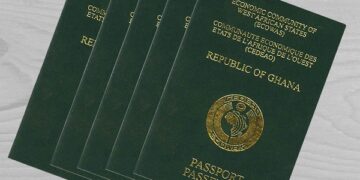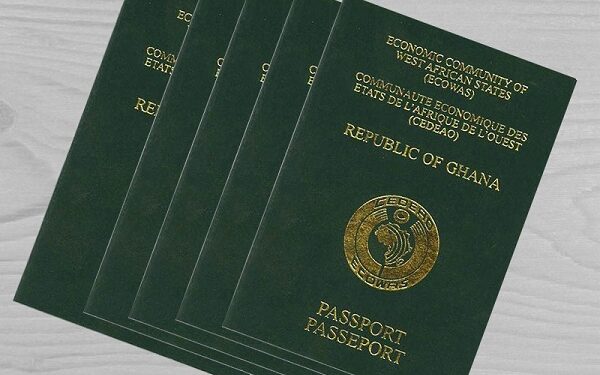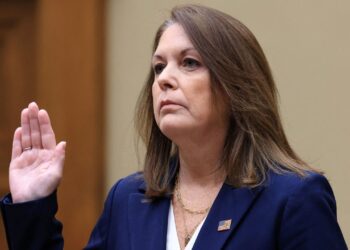A significant component of Rishi Sunak’s strategy to decrease legal migration to the UK is now operational, marking a step to restrict the ability of most international students to bring their families to the country.
However, despite the implementation of these new rules, Sunak still confronts considerable opposition within his own party as he strives to diminish both legal and illegal migration. The regulations stipulate that starting this month, international students enrolling in courses will generally be unable to bring their dependents to the UK unless they are engaged in postgraduate research programs or courses supported by government-funded scholarships. This development is occurring against the backdrop of anticipated resistance within Sunak’s political ranks, and it unfolds in the lead-up to a presumed general election later this year in the United Kingdom.
The modifications were initially revealed in May as a component of the government’s effort to curb the “misuse of the visa system.” The changes are anticipated to result in approximately 140,000 fewer individuals arriving in the UK annually.
In the year concluding December 2022, there were 486,000 student visas granted to applicants, marking a notable increase from the 269,000 issued in 2019. Additionally, the number of student visas extended to dependents last year reached 136,000, reflecting an eight-fold surge compared to the 16,000 granted in 2019.
Welcoming the rule changes, Home Secretary James Cleverly said the government has “set out a tough plan to rapidly bring numbers down, control our borders, and prevent people from manipulating our immigration system.”
“Today, a major part of that plan comes into effect, ending the unreasonable practice of overseas students bringing their family members to the UK,” he added.
“This will see migration fall rapidly by the tens of thousands and contribute to our overall strategy to prevent 300,000 people from coming to the UK.”
“This is nothing more than a sticking plaster. The Tories complete failure to tackle skills and labour market problems is undermining growth as well as increasing migration.” Shadow home secretary Yvette Cooper said.
In early December, the government unveiled a “more robust” set of measures aimed at reducing legal migration. However, it was later revealed that a crucial aspect of this initiative, specifically the increase in the threshold for a family visa from £18,600 to £38,700 in the coming spring, faced a revision. The government decided to implement this change gradually, with the higher threshold now scheduled to take effect in “early 2025.” This adjustment has led to criticism from Rishi Sunak’s own backbenchers, who accuse him of appearing weak.
Additionally, Prime Minister Boris Johnson is expected to encounter significant opposition within his party regarding the implementation of the embattled Rwanda scheme. The scheme, designed to address the issue of small boats crossing the Channel, faced legal challenges and was deemed unlawful by the Supreme Court in November. Emergency legislation to salvage the scheme passed its second reading in the Commons in early December after a contentious debate.
The Rwanda scheme is part of Sunak’s commitment to curbing the number of migrants crossing the Channel. Although the number of crossings has declined year-on-year for the first time since current records began, the prime minister is anticipated to face challenges within his party over the scheme’s implementation. The provisional annual total for the year, 29,437, is 36% lower than the record 45,774 crossings in 2022, but it surpasses the total figure for 2021 (28,526).





























